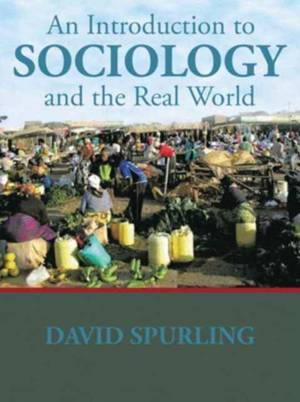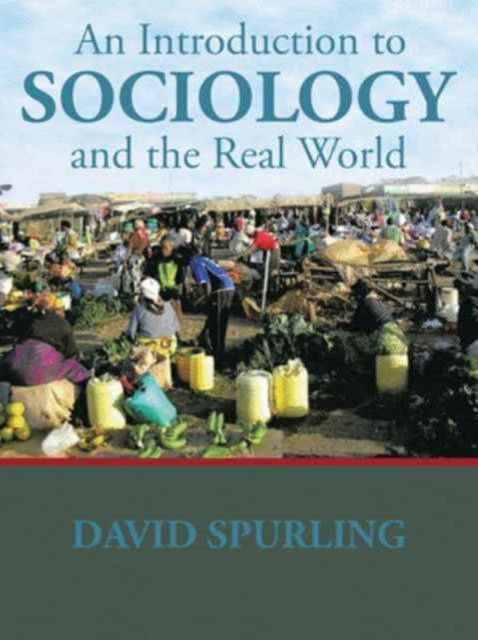
- Retrait gratuit dans votre magasin Club
- 7.000.000 titres dans notre catalogue
- Payer en toute sécurité
- Toujours un magasin près de chez vous
- Retrait gratuit dans votre magasin Club
- 7.000.000 titres dans notre catalogue
- Payer en toute sécurité
- Toujours un magasin près de chez vous
Description
David Spurling believes that a sociology book should enable the reader to understand social problems. Spurling uses his background, including research on the single homeless to look at sociological perspectives and research methods. The book looks at the variety of perspectives including Marxism, functionalism, feminism and neo-liberalism.
His transport background, as both a worker and a lecturer, is reflected in the chapters on urbanism. A sociology book that claims to be comprehensive but ignores climate change would be nonsensical as it is the most important problem for current and future generations; therefore this book discusses this issue and what to do about it.
Spurling's chapter on crime looks at the importance of crime to the victims, using statistics, so that it presents a different perspective to many other books. The chapter on race reflects the ways in which perceptions of immigration have little relationship to the actual data available and also the way in which the media has a great influence on public opinion.
Spurling uses his examiner experience, as well as teaching experience, to examine the different aspects of the educational system. The chapter on religion reflects the wide variety of views on this subject. As a Quaker, Spurling's views on religion have a Quaker perspective. The hatred towards people of other religions or no religion is also examined in both contemporary and past societies. The influence of education and attitudes towards it are examined. Spurling has also included a chapter of questions and answers.
This book would be ideal for first-year university students, including the University of London International Degree, as well as for A-Level students looking for different material. Learning Through Cooperation Ltd hopes that this book will provide support to anyone sitting their exams. For more details on how Learning Through Cooperation can help you, please visit www.davidjohnspurling.com.
Spécifications
Parties prenantes
- Auteur(s) :
- Editeur:
Contenu
- Nombre de pages :
- 434
- Langue:
- Anglais
Caractéristiques
- EAN:
- 9781524663605
- Date de parution :
- 30-09-16
- Format:
- Livre broché
- Format numérique:
- Trade paperback (VS)
- Dimensions :
- 210 mm x 279 mm
- Poids :
- 970 g







